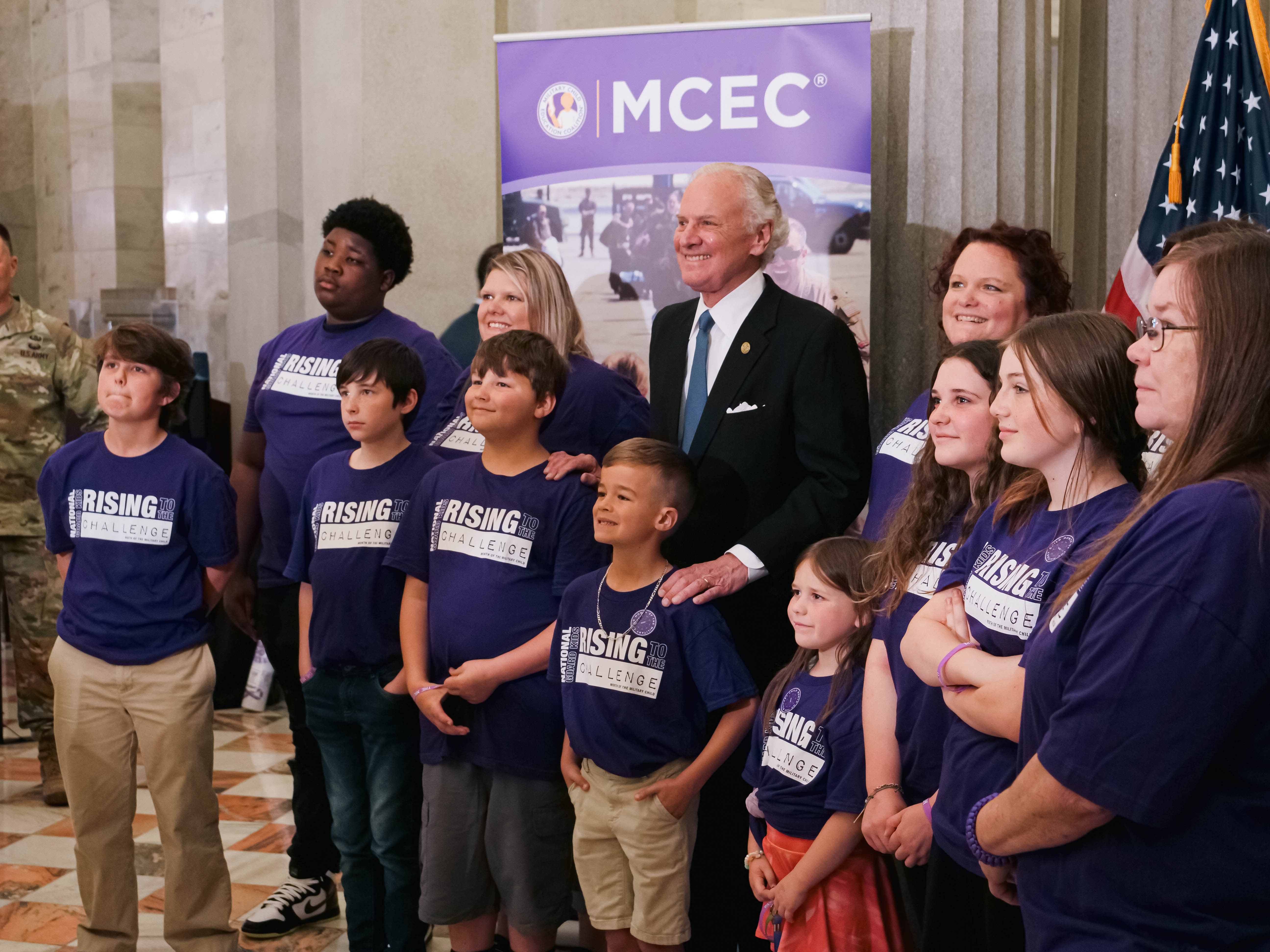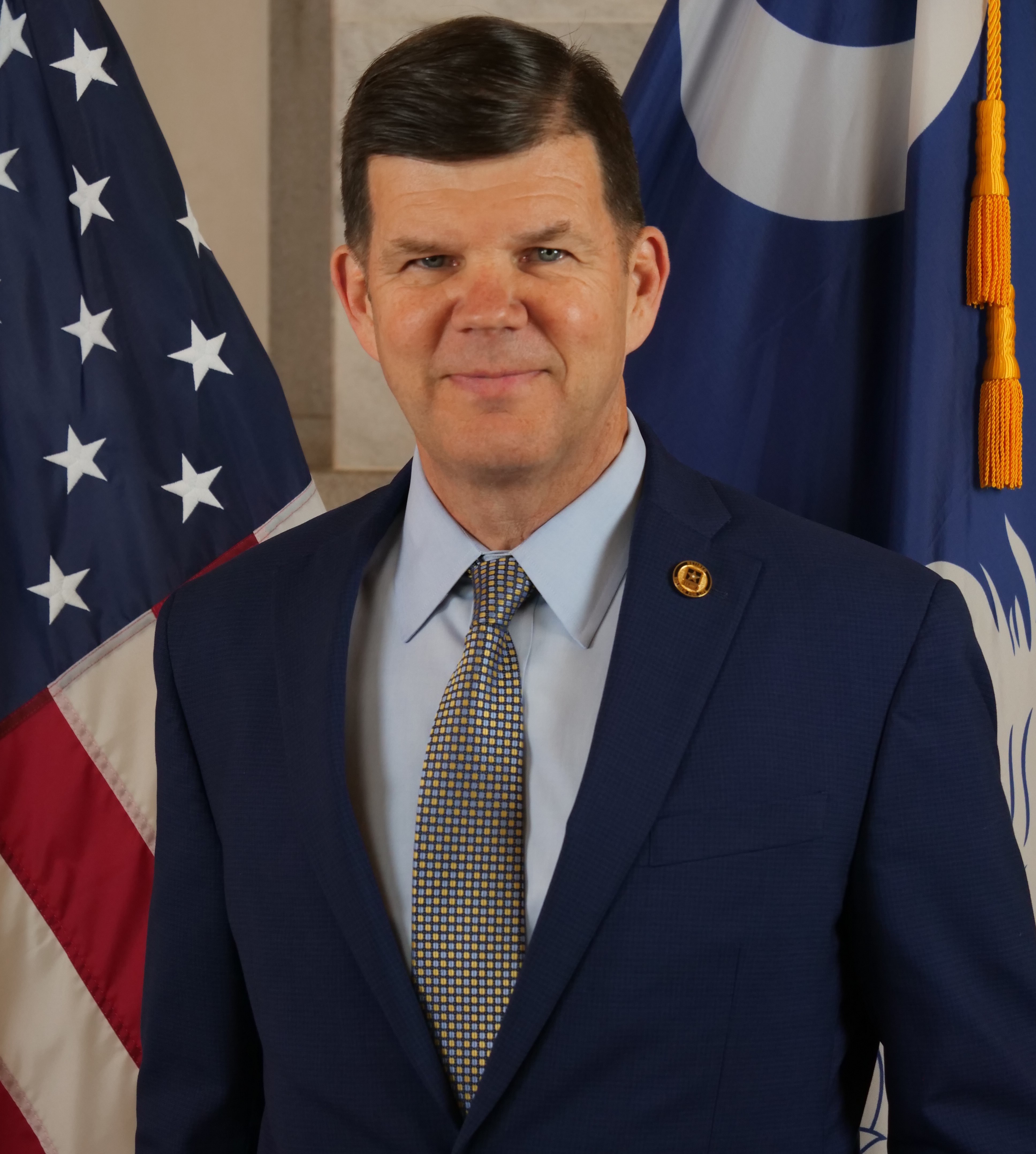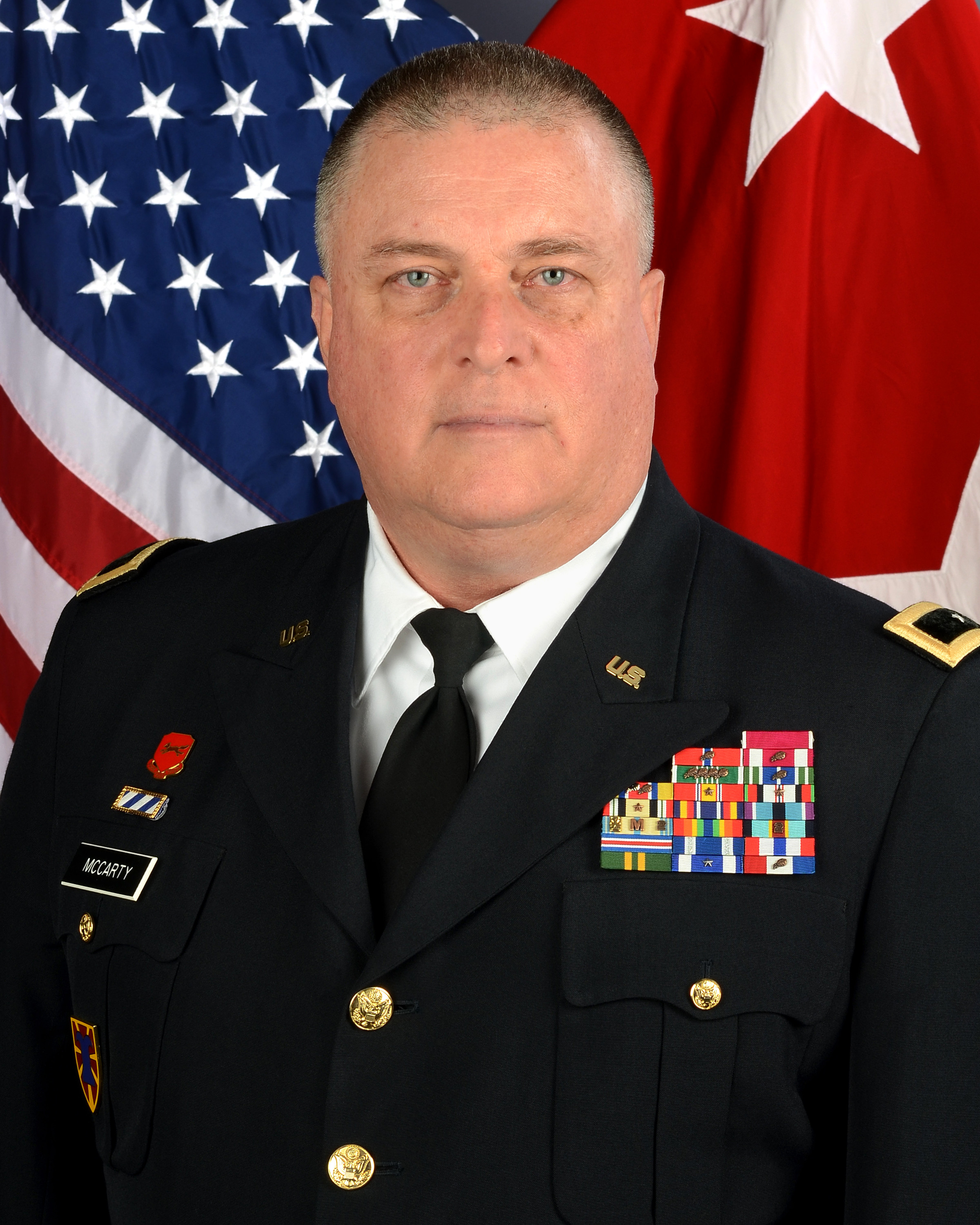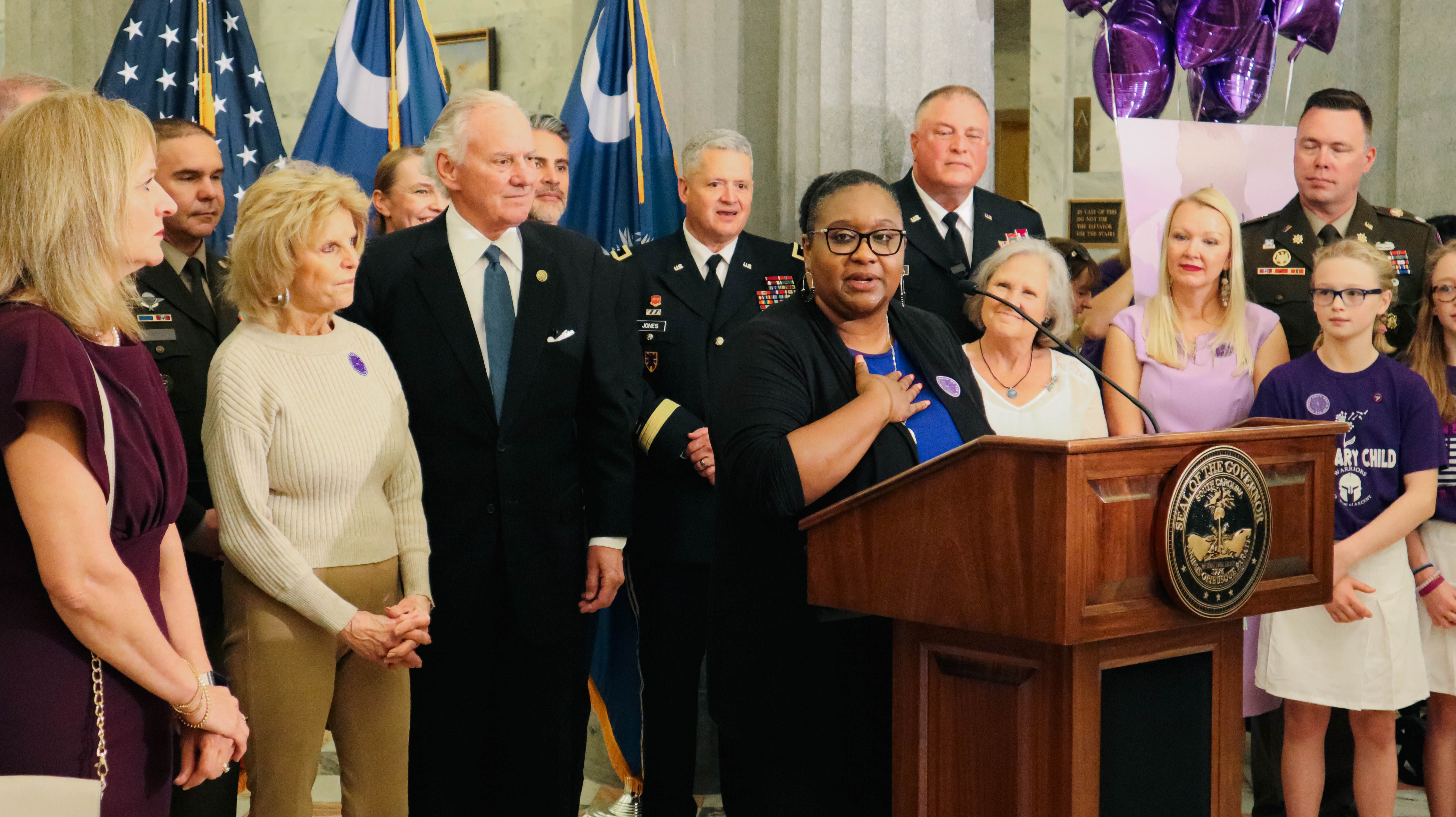
COLUMBIA, SC (SCDVA) - South Carolina is continuing the national effort to ensure military-connected children are given the academic and social-emotional support needed when relocating to schools in the Palmetto State. On Wednesday, April 5th South Carolina Governor Henry McMaster along with South Carolina Department of Veterans’ Affairs (SCDVA), and leaders from school districts around the state gathered to proclaim April as the Month of the Military Child. State leaders also emphasized the role of Purple Star Schools in South Carolina in partnership with the Military Child Education Coalition. A news conference and proclamation reading took place at 11:30 a.m. in the State House Rotunda.
 "Like other military families my three children grew up moving every two to three years changing schools, making new friends, and dealing with the challenges that arose from the life style that they maybe did not chose but one that was chosen for them," said SCDVA Secretary Todd McCaffrey. "Our attention to military children in April helps us to focus on ways to reduce the obstacles and find positives in the lifestyles that many across the United States and our state deal with all the time."
"Like other military families my three children grew up moving every two to three years changing schools, making new friends, and dealing with the challenges that arose from the life style that they maybe did not chose but one that was chosen for them," said SCDVA Secretary Todd McCaffrey. "Our attention to military children in April helps us to focus on ways to reduce the obstacles and find positives in the lifestyles that many across the United States and our state deal with all the time."

"This is a special day. This is a special month. When you look around here today you see the faces of many of our spouses, but more importantly our children. Those that make sacrifices significantly each and every day while their mothers and fathers serve this great state and this great nation," said SC Adjutant General Major General Van McCarty. "As we look to advocate for our military children we look to partner with our schools and our educators to help them understand the unique challenges that military children have while in school."
Currently there are 10 Purple Star School Districts in the state. Those school districts include Aiken County, Richland 2, Kershaw County, Sumter County, Richland 1, Charleston County, Berkeley County, Edgefield County, Beaufort County, and Anderson 1. A military-connected child can expect to move six to nine times from kindergarten through their high school graduation, with approximately 200,000 students transitioning to a new school in any given year. America’s military-connected children experience academic and social-emotional challenges as they relocate to new schools due to a parent’s change in duty station. These transitions create challenges since schools often have differing cultures, curricula, standards, course offerings, schedules and graduation requirements. This has the potential to impact military readiness by degrading retention of service members.
 The non-profit Military Child Education Coalition (MCEC) is the national advocate for Purple Star Schools, a grassroots initiative that encourages states and school districts to establish Purple Star School programs. These programs award Purple Star School designation to K-12 schools within the state or district that have committed to supporting military-connected children through specific measures. The primary goal of the programs is to ensure staff can help manage the academic requirements and planning challenges military-connected children face when they move between different schools. To learn more about the Military Child Education Coalition and Purple Star Schools visit militarychild.org/purplestarschools.
The non-profit Military Child Education Coalition (MCEC) is the national advocate for Purple Star Schools, a grassroots initiative that encourages states and school districts to establish Purple Star School programs. These programs award Purple Star School designation to K-12 schools within the state or district that have committed to supporting military-connected children through specific measures. The primary goal of the programs is to ensure staff can help manage the academic requirements and planning challenges military-connected children face when they move between different schools. To learn more about the Military Child Education Coalition and Purple Star Schools visit militarychild.org/purplestarschools.



